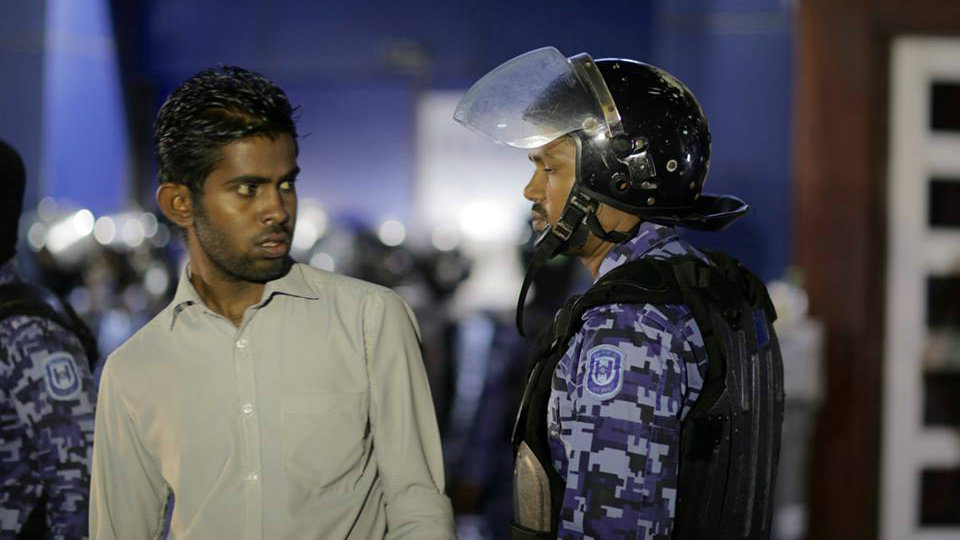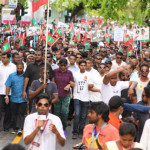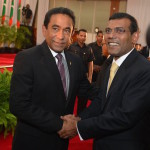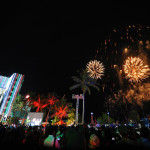When ex-president Mohamed Nasheed was arrested on February 22, we protested every night, for three months. We signed petitions. We took to the streets in the tens of thousands on February 27 and May 1. Our MPs disrupted parliament. Our former rivals, the Adhaalath Party and the Jumhooree Party, allied with us. The international community denounced President Abdulla Yameen’s increasingly authoritarian tactics to remain in power.
But on June 12, only some 2,000 people took to the streets for the planned sit-in. What went wrong?
The June 12 protest was aimless. In the weeks leading up to June 12, opposition leaders were preparing for talks with the government, not for a mass protest. The MDP had even come up with a draft position paper outlining a roadmap for political reconciliation. Opposition MPs had ended their parliamentary siege. Why stage a sit-in to reiterate the same demands? Why protest when we had forced President Yameen to capitulate and call for talks after the May Day protest?
On February 27, the Jumhooree Party let us down. But we scared the government by our numbers. On May 1, despite all the intimidation and threats by the government, we turned up again with twice the number of people. We did not manage to enter Malé’s Republic Square or topple President Yameen’s government as hoped. Instead, nearly 200 people were arrested. The police could not cope with the large number of detainees at Dhoonidhoo.
But a president who had refused to sit for talks before, relented.
True, President Yameen continues to rule out negotiations on Nasheed and ex-defence minister Mohamed Nazim’s release. But the gesture for talks, regardless of how insincere it may be, is a win for us. The government’s lack of sincerity is not surprising. They were forced to call for talks.
Our leaders were not prepared for June 12 or a prolonged sit-in. Their demands were not clear. There was no hype in the lead-up either. Bad weather in the first week of June, the Dhiraagu Road Race which was scheduled for the same day and the approaching month of Ramadan had cast doubt on whether the protest would even take place. The government, meanwhile, dismissed dozens of employees, and threatened many with charges that carry a prison term. But the poor turnout was because the protest was not organized well and its purpose was not clear.
We are still angry. We do not give up. We will turn up to protest again. But first, we must allow the government time to respond to our demands.
If they do not accept all-party talks and release all political prisoners, then we must prepare to shut Malé City down.
A march through the streets of Malé will not do. We must stand our ground, and we must fill the prisons. There is discontent among the security forces. But they will only splinter if we hold the streets for days.
June 12 was a minor setback, but one to learn lessons from. The international community is watching. US Senators John Mc Cain and Jack Reed’s letter calling for Nasheed’s release is not an isolated event. It shows international pressure is growing. The European Union parliament is with us. We must continue our protests. The Maldives is not Myanmar, Zimbabwe or Egypt. We cannot afford to isolate ourselves from the world when our economy depends on tourism.
Photo by Shaari
All comment pieces are the sole view of the author and do not reflect the editorial policy of Minivan News. If you would like to write an opinion piece, please send proposals to [email protected]
 (0)Dislikes
(0)Dislikes (0)
(0)





